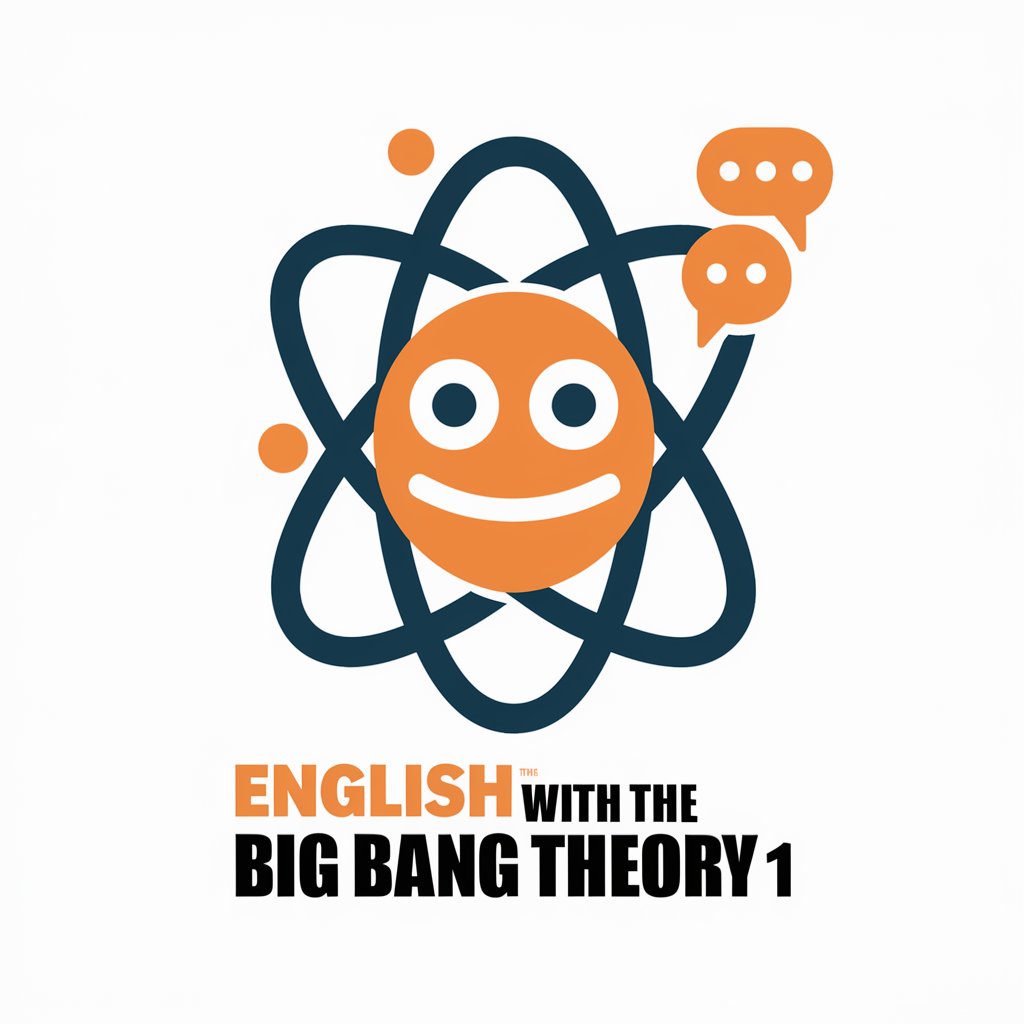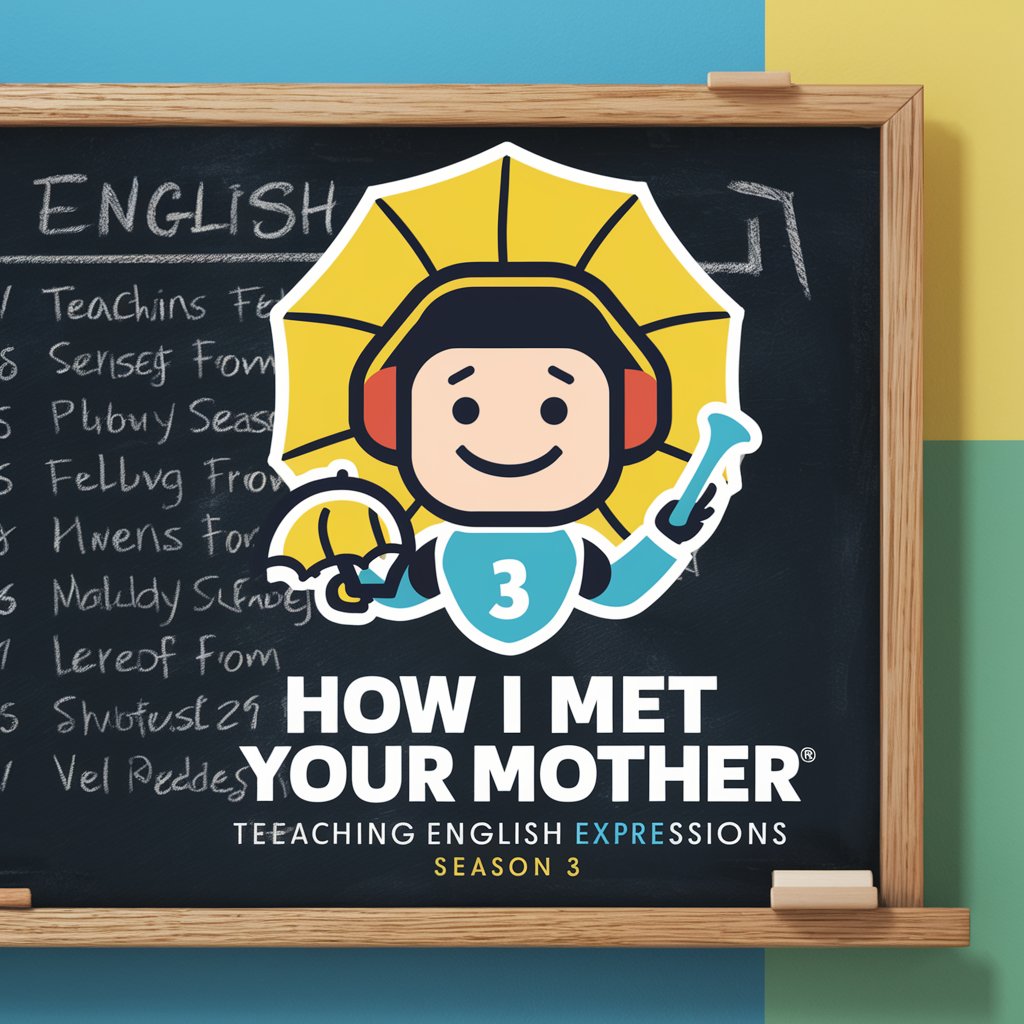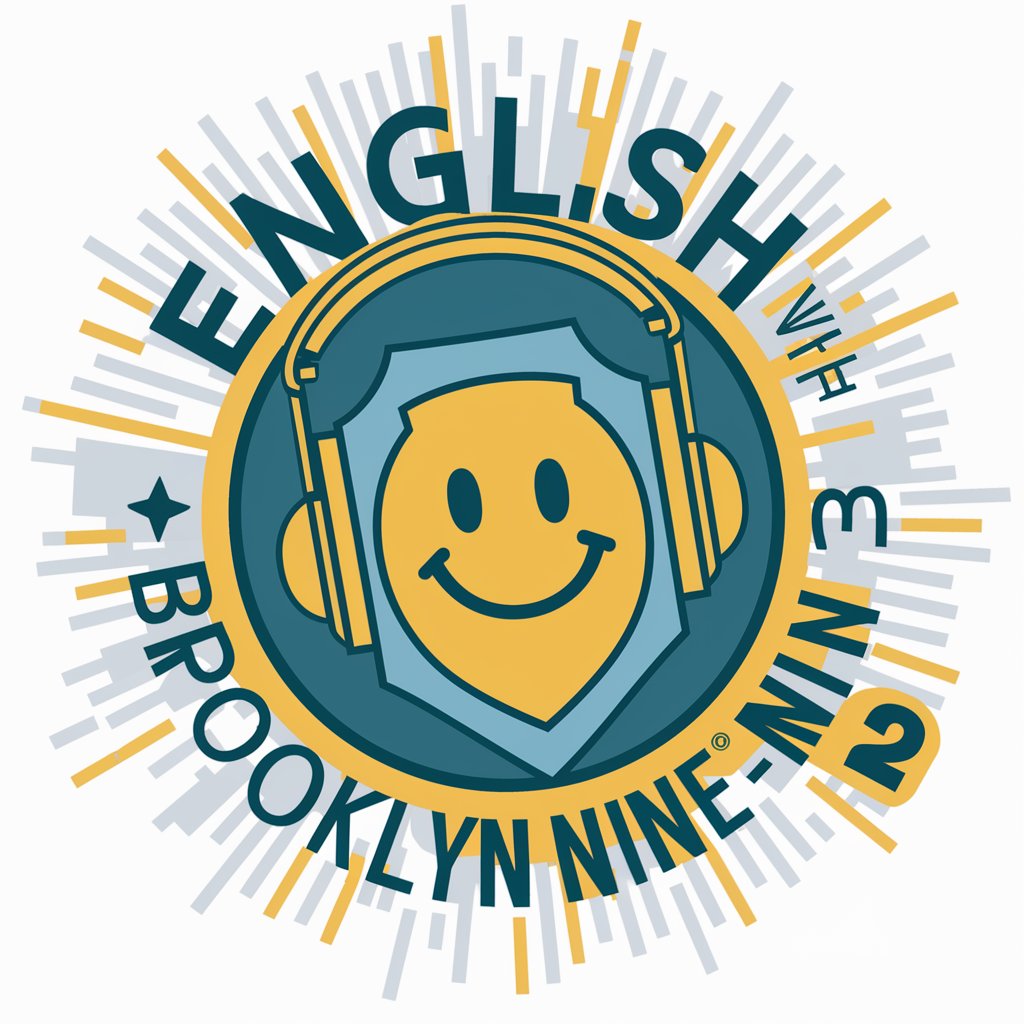7 GPTs for Role-Play Exercises Powered by AI for Free of 2026
AI GPTs for Role-Play Exercises are advanced computational models designed to simulate various scenarios and interactions within a defined context, using Generative Pre-trained Transformers technology. These tools are adept at mimicking human-like conversations and responses, making them ideal for role-playing activities in training, education, and entertainment. The adaptability of GPTs allows for the creation of highly specific and engaging simulations, tailored to the needs of the task at hand, thereby enhancing the learning experience and providing a sandbox for users to practice skills or explore scenarios without real-world repercussions.
Top 7 GPTs for Role-Play Exercises are: English with Office 4,English with The Big Bang Theory 1,English with Office 5,English with Brooklyn Nine-Nine 3,English with Brooklyn Nine-Nine 7,English with How I met your mother 3,English with Brooklyn Nine-Nine 2
English with Office 4
Master English with AI-powered role-play.

English with The Big Bang Theory 1
Master English through iconic TV humor

English with Office 5
Master English with the Charm of 'The Office'

English with Brooklyn Nine-Nine 3
Learn English through Brooklyn Nine-Nine

English with Brooklyn Nine-Nine 7
Master English with Brooklyn Nine-Nine fun!

English with How I met your mother 3
Master English through iconic TV humor

English with Brooklyn Nine-Nine 2
Learn English with B99's humor

Key Attributes and Functions
AI GPTs for Role-Play Exercises stand out due to their versatility and ability to customize scenarios ranging from simple dialogues to complex, multi-layered interactions. Core features include dynamic conversation flow, context awareness, and the ability to generate realistic and relevant responses based on the scenario. Specialized capabilities may also encompass language learning enhancements, technical troubleshooting simulations, comprehensive web searching, creative image generation for visual context, and sophisticated data analysis for feedback and improvement recommendations.
Who Benefits from Role-Play GPTs
The primary beneficiaries of AI GPTs for Role-Play Exercises include educational institutions, corporate training departments, developers creating interactive experiences, and individuals seeking self-improvement in public speaking, negotiation, or language acquisition. These tools are accessible to users without programming knowledge, offering intuitive interfaces and guided scenarios, while also providing deep customization options for developers and professionals looking to tailor the experience to specific objectives or integrate them into larger training programs.
Try Our other AI GPTs tools for Free
Testnet Allocation
Discover AI GPTs for Testnet Allocation, the cutting-edge tools designed to automate and optimize testnet resource distribution for blockchain development. Efficient, adaptable, and user-friendly, they're revolutionizing blockchain testing.
Word Tracking
Explore AI GPTs for Word Tracking, the ultimate tools for analyzing and understanding word trends and language use with precision and ease.
TV-Based Education
Explore how AI GPTs are transforming TV-Based Education, making learning more interactive, personalized, and accessible for all.
Aesthetic Modification
Discover how AI GPTs for Aesthetic Modification are revolutionizing design, offering personalized, efficient, and innovative solutions for enhancing visual content and creative projects.
Vehicle Enhancement
Discover how AI GPTs for Vehicle Enhancement revolutionize vehicle customization and maintenance, offering tailored advice, predictive insights, and seamless integration for professionals and enthusiasts alike.
American English
Explore AI GPTs tailored for American English, designed to understand and generate nuanced, culturally-aware text. Perfect for professionals and novices alike.
Further Exploration into GPT Applications
AI GPTs for Role-Play Exercises represent a convergence of technology and practical application, providing platforms for immersive learning experiences. Beyond their current capabilities, ongoing improvements and user feedback are shaping these tools to be more intuitive, versatile, and integrated with other technologies, suggesting a future where role-play exercises can be as diverse and complex as the real-world scenarios they aim to simulate.
Frequently Asked Questions
What exactly are AI GPTs for Role-Play Exercises?
AI GPTs for Role-Play Exercises are sophisticated AI models that simulate real-life scenarios for users to engage in, utilizing natural language processing to create realistic interactions.
How do these tools customize scenarios?
These AI tools adapt to a wide range of contexts and requirements, allowing users to specify the scenario, characters, and objectives to create tailored role-play exercises.
Can non-technical users easily access and use these tools?
Yes, these tools are designed with user-friendly interfaces that enable non-technical users to easily create or participate in role-play simulations.
What unique capabilities do GPTs offer in role-playing?
GPTs offer dynamic conversation flows, context awareness, and realistic response generation, along with specialized features like language learning and technical troubleshooting simulations.
How can educators benefit from using AI GPTs in role-play exercises?
Educators can use these tools to create interactive learning environments that simulate real-world scenarios, enhancing student engagement and learning outcomes through practical experience.
Are there customization options for developers?
Yes, developers have access to extensive customization options, including API integration, scenario scripting, and the ability to modify response algorithms for specific training needs.
Can these tools integrate with existing training programs?
Absolutely. AI GPTs for Role-Play Exercises can be integrated into existing training programs to enhance learning experiences with interactive role-play scenarios.
What advancements can we expect in AI GPTs for role-playing?
Future advancements may include more nuanced understanding of human emotions, better adaptability to complex scenarios, and seamless integration with virtual and augmented reality platforms.